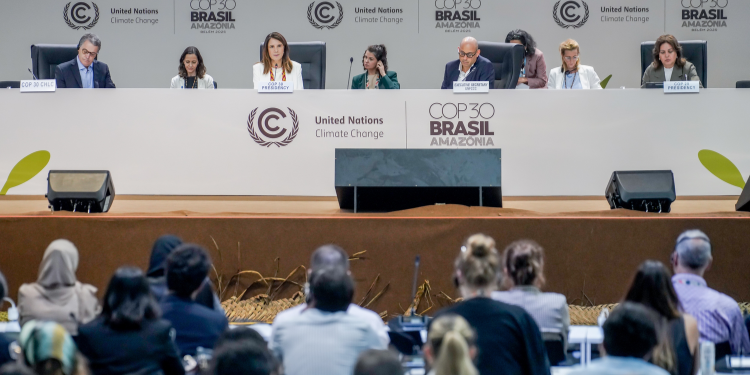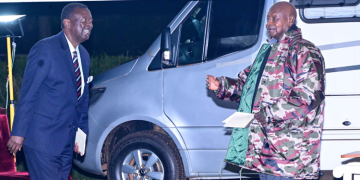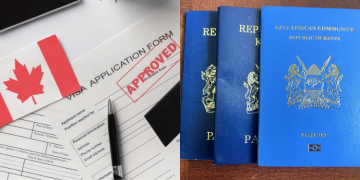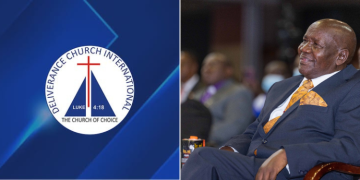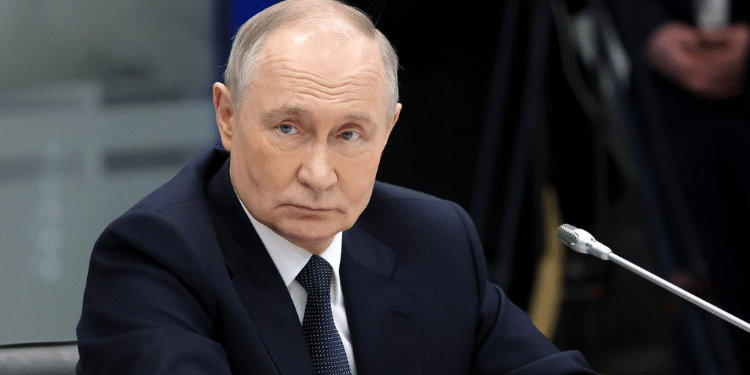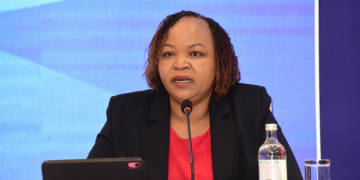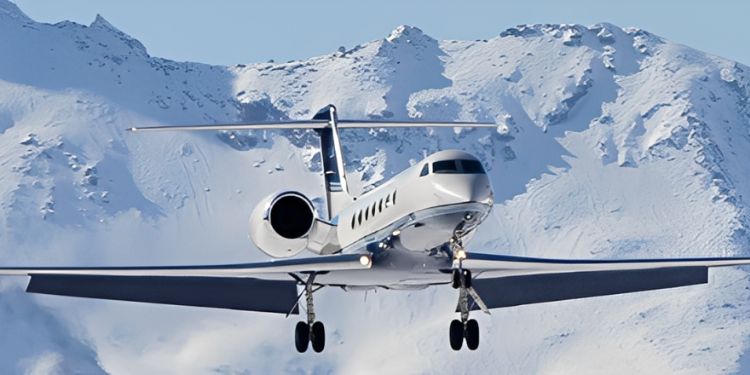A coalition of 13 countries, including Kenya, has formally announced a plan to introduce new taxes on luxury air travel, targeting private jets and premium commercial seats to raise climate finance from high-emitting sectors.
The plan, led largely by nations in the Global South, was unveiled at the 2025 United Nations Climate Change Conference (COP30) in Belém, Brazil, and has quickly become a central focus of climate-justice discussions at the summit.
Besides Kenya, the coalition includes Benin, Sierra Leone, Antigua and Barbuda, Barbados, and France, as well as Djibouti, Nigeria, and South Sudan — the latest countries to join the group. Brazil, Fiji, and Vanuatu have joined as observer states.
Although the measure aims squarely at high-carbon luxury travel, only two high-income countries have joined so far, a fact repeatedly highlighted by climate advocates.
For member states, the tax represents both urgently needed revenue and a step toward greater climate equity. The coalition says funds generated from these levies will go directly toward climate-related initiatives, providing a predictable stream of financing for adaptation and resilience — something many developing nations have long demanded.
Why the tax targets private jets and premium air tickets
Luxury flights are among the highest polluting forms of travel. Business and first-class seats carry roughly triple the emissions of an economy-class ticket, while private jets emit up to 14 times more CO₂ per passenger-kilometre than commercial flights.
Private aviation is also highly concentrated in the United States, where usage levels and per-capita emissions far exceed global averages.
Proponents argue that this makes luxury travel an obvious and fair target. As the coalition notes in a recent rationale document, “properly designed aviation taxes can raise predictable revenue for climate and development finance, while reinforcing fairness and solidarity.”
Environmental groups have welcomed the measure, with activists long describing private jet users as “binge polluters” who have avoided meaningful taxation for years.
Also Read: 2 Private Jet Companies Ordered to Surrender Ksh706 million to Kenyan Govt
The initiative aligns with the broader agenda under the Sevilla Platform for Action, launched earlier this year, and is receiving backing from the Global Solidarity Levies Task Force, launched in 2023 and co-chaired by Barbados, Kenya, and France.
The task force is working with technical experts and policymakers to craft mechanisms that countries can adopt or strengthen.
How the tax would work
Under the proposal, countries without existing aviation taxes would commit to imposing levies on private jets as well as on business- and first-class tickets. Additionally, countries that already have established such taxes, such as France, would commit to increasing their ambition with steeper or more progressive rates.
Also Read: Kenya Bans Importation and Operation of Select Planes
France, however, has clarified that it does not intend to raise its current “solidarity tax,” even as it encourages others to implement similar measures.
For private jets, possible models include taxes tied to kerosene consumption, though multiple mechanisms remain under discussion.
First-class tickets could also face dedicated surcharges under the proposal, an approach similar to that used by the Maldives, which charges $120 for business class, $240 for first class, and $480 for private jets.
Political backing and pushback
The initiative has received strong support from leaders in the Global South and Europe. French President Emmanuel Macron emphasized the fairness principle behind the proposal, highlighting that “we need innovative and fair financing” ahead of COP30.
“With Kenya, Spain, Somalia, Benin, Sierra Leone, and Antigua and Barbuda, we have made significant progress toward a greater contribution from the aviation sector to adaptation,” Macron noted.
But resistance has emerged particularly from aviation industry groups, with the International Air Transport Association having criticised the plan, arguing that airlines are already investing heavily in cleaner aircraft, sustainable fuels, and carbon-offsetting programmes.
The push for the new tax injected new energy into broader negotiations at COP30, where debates over fossil-fuel phase-out, climate finance, and global equity continued to dominate.
Follow our WhatsApp Channel and X Account for real-time news updates.
